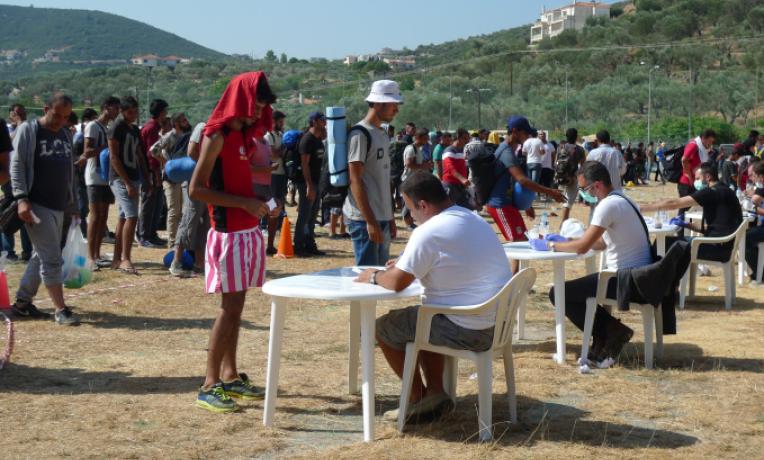Dealing with irregular migration in the 21st century
The starting point of this research project is the disproportionality between the alleged “crime” of being an undocumented migrant and the sanction of deportation. But what determines the ways in which deportation is being implemented on the ground? What are the factors that prevent or expedite implementation?

The starting point of this research project is the disproportionality between the alleged “crime” of being an undocumented migrant and the sanction of deportation. But what determines the ways in which deportation is being implemented on the ground? What are the factors that prevent or expedite implementation?
Dr Kalir’s research team is carrying out extensive fieldwork to compare the implementation of deportation strategies in four democratic countries, all signatories to relevant international conventions: Greece and Spain, the first destinations for migrants seeking to enter the European Union; Israel and Ecuador, both interesting case studies for their fundamentally different approach. According to the team, Israeli deportation policy is highly restrictive while Ecuador has one of the most progressive deportation regimes in the world which includes close partnership with civil society.
While current studies focus either on the laws and procedures of the host country or on the networks and survival strategies of irregular migrants, this project adds a different perspective. It explores the in-between actors who deal with undocumented migrants on the ground: on one hand, police agents, asylum service officers, local authorities, in charge of locating, detaining and deporting people; on the other hand, civil society organisations, human rights movements, religious organisations, which assist and at times also protect them.
This comparative study will provide findings of vital importance that could lead policy-makers and actors in the field to find alternative approaches in dealing with the realities of irregular migrants nowadays.




